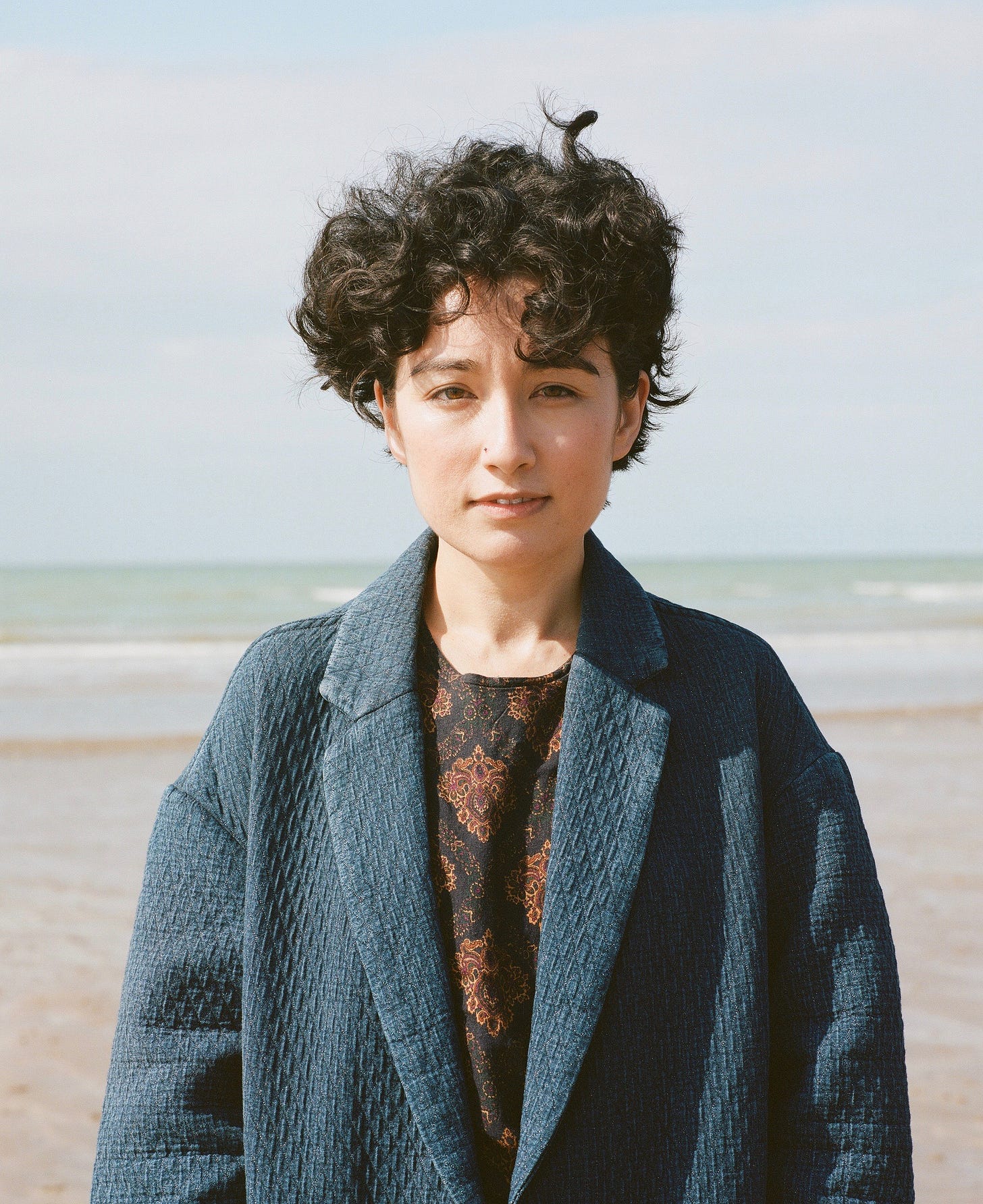Claire Kohda: "I wouldn’t change being mixed-race for anything"
The author on food, family and ticking the 'other' box
Hi, welcome back to Mixed Messages! This week I’m speaking to author Claire Kohda, who is of mixed-Japanese and white British heritage. Her debut book, Woman, Eating, follows Lydia, who is half-human, half-vampire, struggling to live away from her mother for the first time. Her book explores mixedness both literally and metaphorically, and I was excited…


